At TheHealthBoard, we're committed to delivering accurate, trustworthy information. Our expert-authored content is rigorously fact-checked and sourced from credible authorities. Discover how we uphold the highest standards in providing you with reliable knowledge.
What is a Natural Antihistamine?
A natural antihistamine is a substance found in nature that can fight against histamines in the bloodstream. Antihistamines can treat allergies, colds, and sinus problems by blocking histamines and alleviating symptoms caused by excess histamines in the blood. Some of the most common natural antihistamines include butterbur, chamomile, and stinging nettle.
Histamines are a defense mechanism used by the body to protect against organisms it views as a threat. When an allergen is encountered, the body releases histamines into the blood to fight against the perceived intruder. Some people develop an allergic reaction to the abundance of histamines in the bloodstream. Common allergy symptoms include compressed airways, runny nose, itching, skin rash, swelling, or watery eyes. Natural antihistamines can combat an allergic reaction and may help those who battle seasonal or chronic allergies.

Some seasonal allergy sufferers find that butterbur works as well as prescription-strength drugs for easing the stuffy nose and clogged sinuses that accompany allergies to grass or pollen. One major benefit of this natural antihistamine over its chemical counterparts is that butterbur does not cause drowsiness, a significant problem with many over-the-counter allergy medicines. Butterbur is generally taken in capsule form and may be consumed regularly to help counteract chronic problems.

Crushed flowers from the chamomile plant produce natural antihistamine oils that can work to heal allergies affecting the skin. Itching, rashes, and swelling may be reduced or eliminated by applying a topical ointment containing chamomile extract. Mild antihistamine properties can also be found in echinacea, which is sometimes combined with chamomile in teas or cold treatments.

Stinging nettle is another popular natural remedy known to restrict the production of histamines when ingested. Stinging nettle treatments include extracts made from dried leaves. Tea can be made from immersing dried leaves in hot or boiling water, and mixing the herb with alcohol forms a tincture of stinging nettle. As its name indicates, stinging nettle leaves feature tiny hairs that sting when touched. Heating the stinging nettle leaf destroys these stinging hairs.

Some less common natural antihistamines include basil, bromelain, and quercetin. Most of these herbs address the reaction to histamines and offer antioxidant properties that help counteract poisons. When taken regularly, basil supplements can control chronic allergy symptoms. Bromelain may thwart allergic reactions that result in swelling of the lips or other facial areas. Quercetin can aid with allergy symptoms by inhibiting the release of histamines, helping to alleviate runny nose and itchy, watery eyes.
AS FEATURED ON:
AS FEATURED ON:










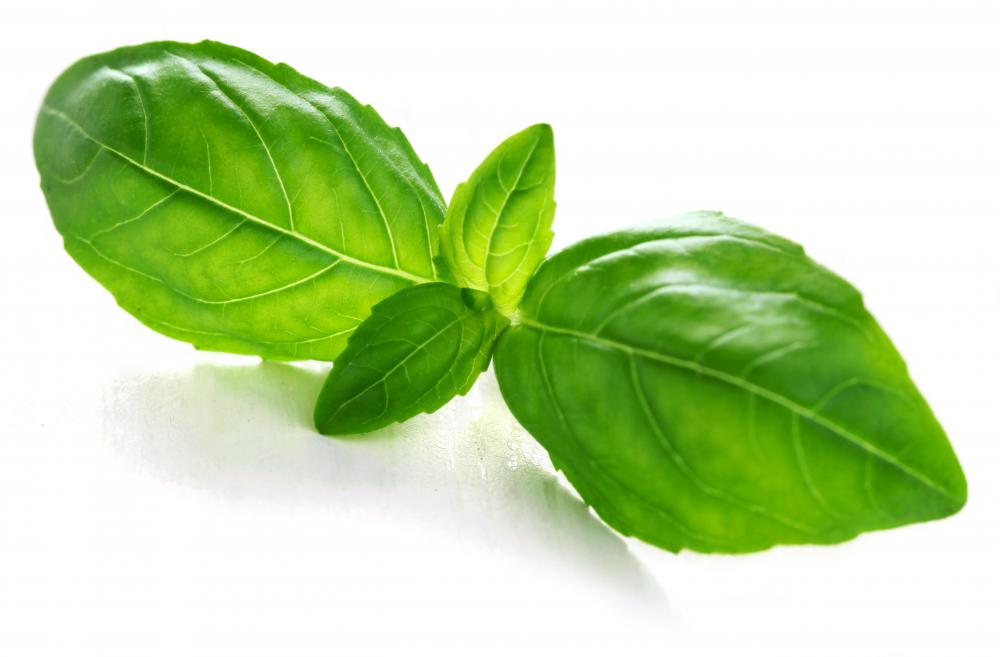
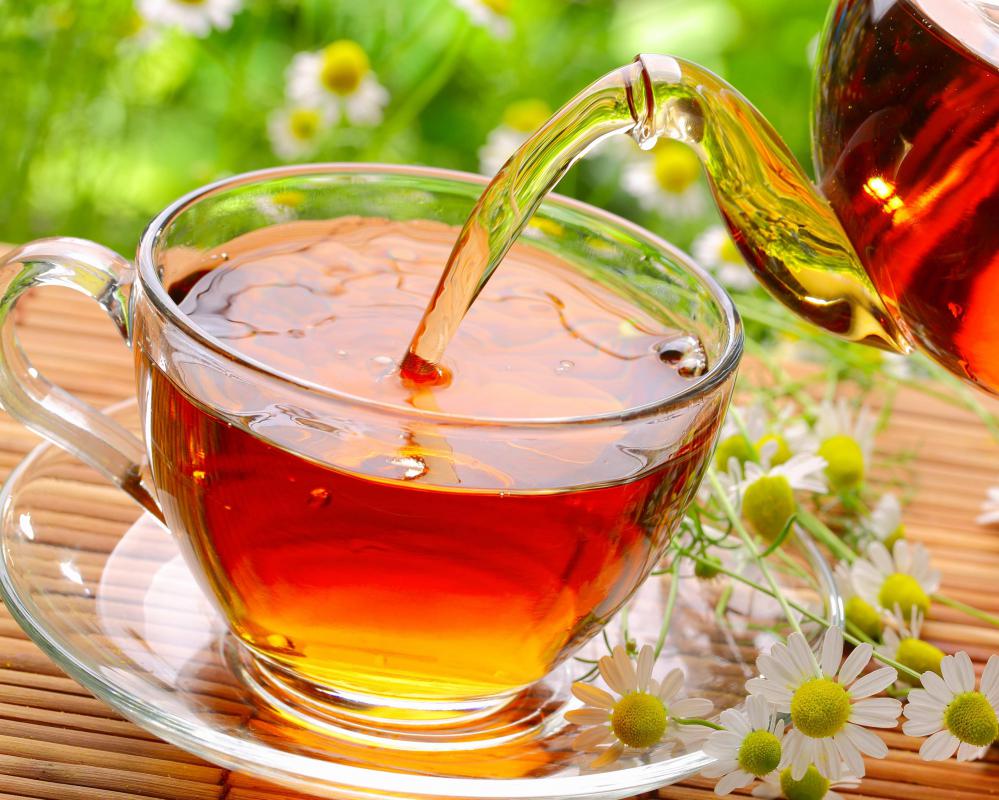
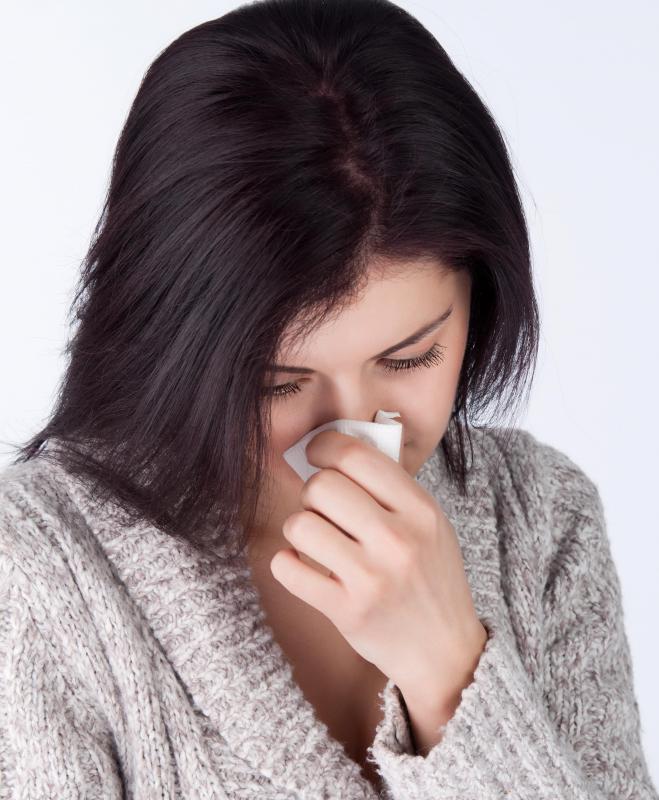
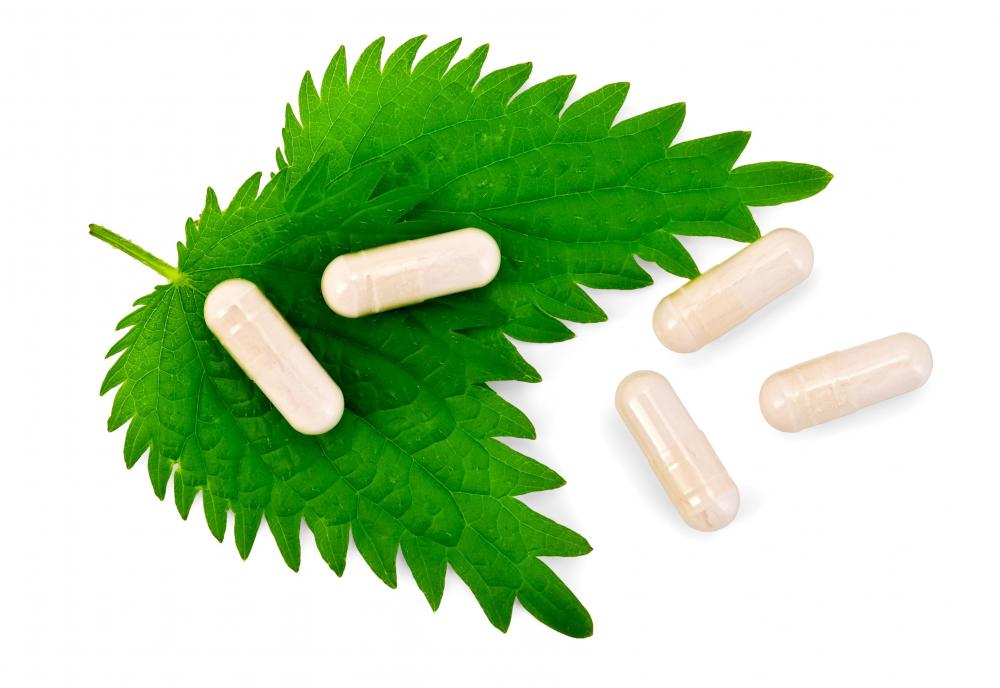

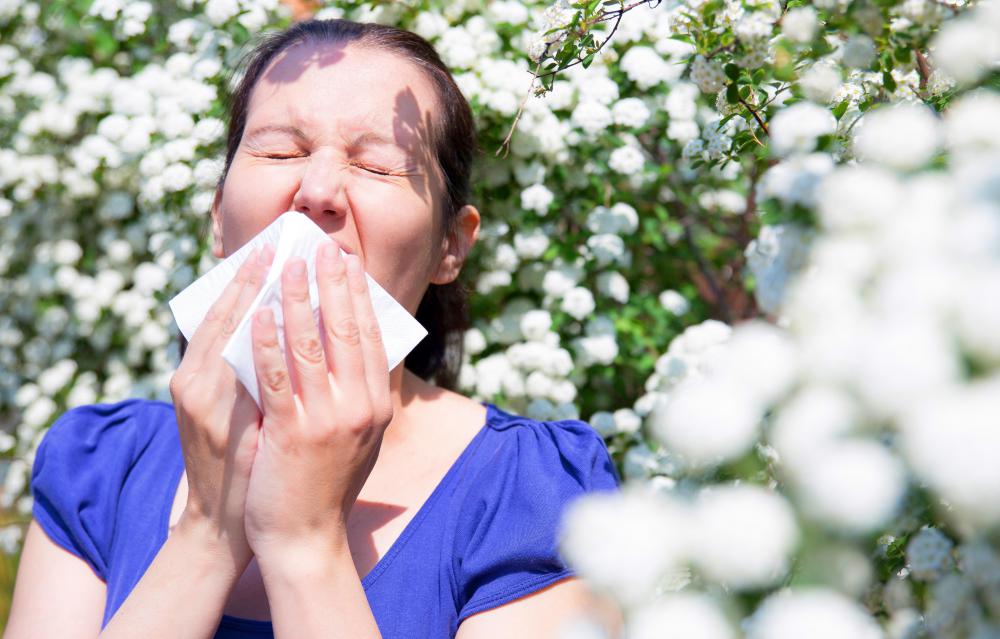

Discussion Comments
@burcidi-- Yea, I believe grape seed extract is a herbal antihistamine. It has anti-allergen properties and it's also used to boost immunity. You can take it regularly, especially if you are benefiting from it. Just make sure you follow the directions on the box on the amount that you are supposed to take. I take grape seed extract for additional antioxidants along with my multivitamin. I think it's good.
I had an injury playing sports and took grape seed extract to help get down the swelling on my leg. I took it for about a week, my swelling was gone in 3-4 days. I also noticed that my seasonal allergies were doing much better than usual and my sinuses were not as stuffed. I'm not taking them now, my allergies are starting to act up again. It will be much worse as we enter spring.
So what I want to know is, is grape seed extract an antihistamine? Should I take it for allergies?
Last year I was getting sick very often with cold and allergy symptoms. I finally went to the doctor and had a blood test done which showed high levels of histamine as well as a vitamin C deficiency. It turns out that Vitamin C is a natural antihistamine and that was the cause of my weak immunity and high histamine levels. I started taking Vitamin C capsules and eating a lot of oranges. I have been fine ever since. I was not careful about taking my vitamins for several weeks and immediately felt a cold coming on. It's funny how a little thing can affect your health so much.
Post your comments